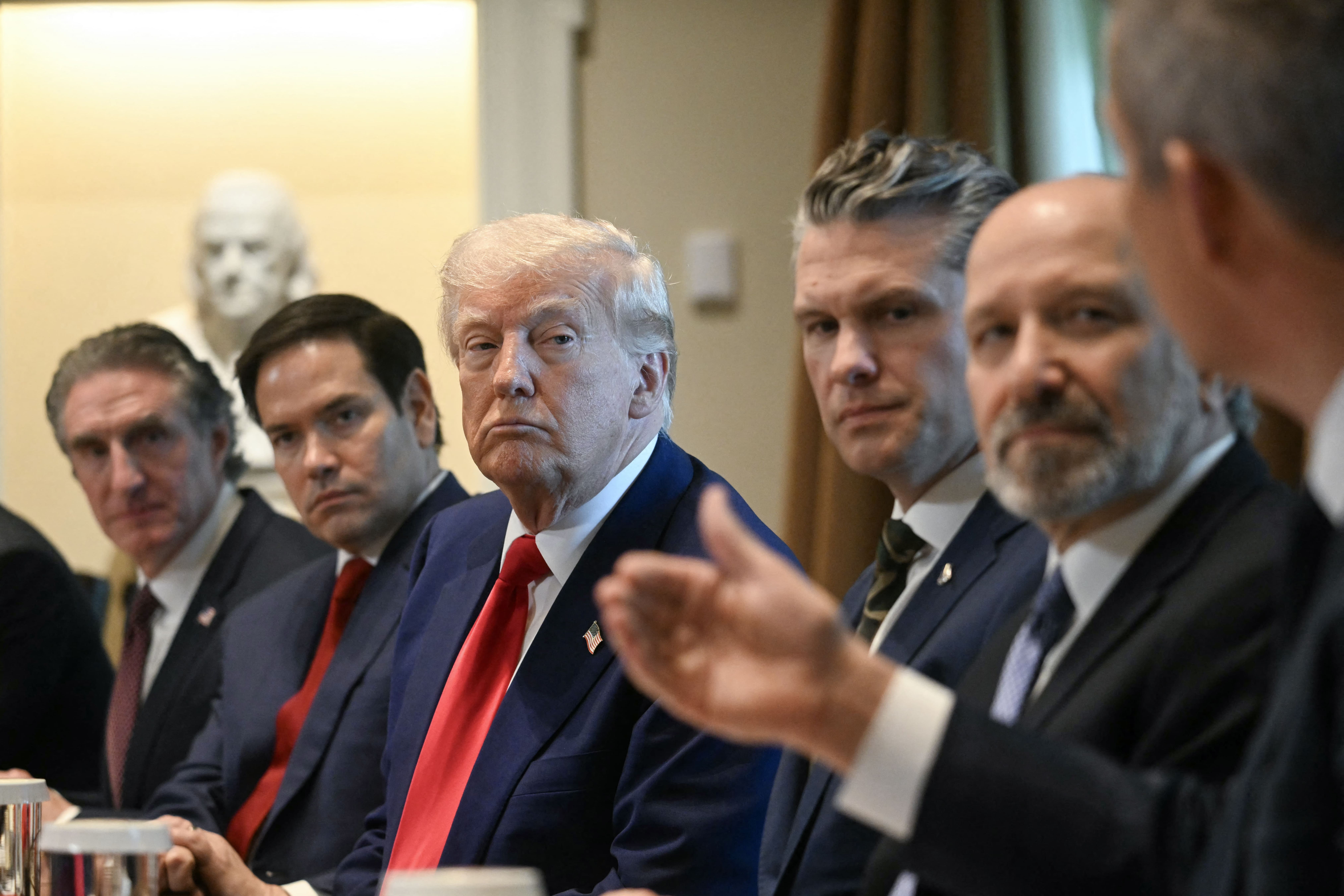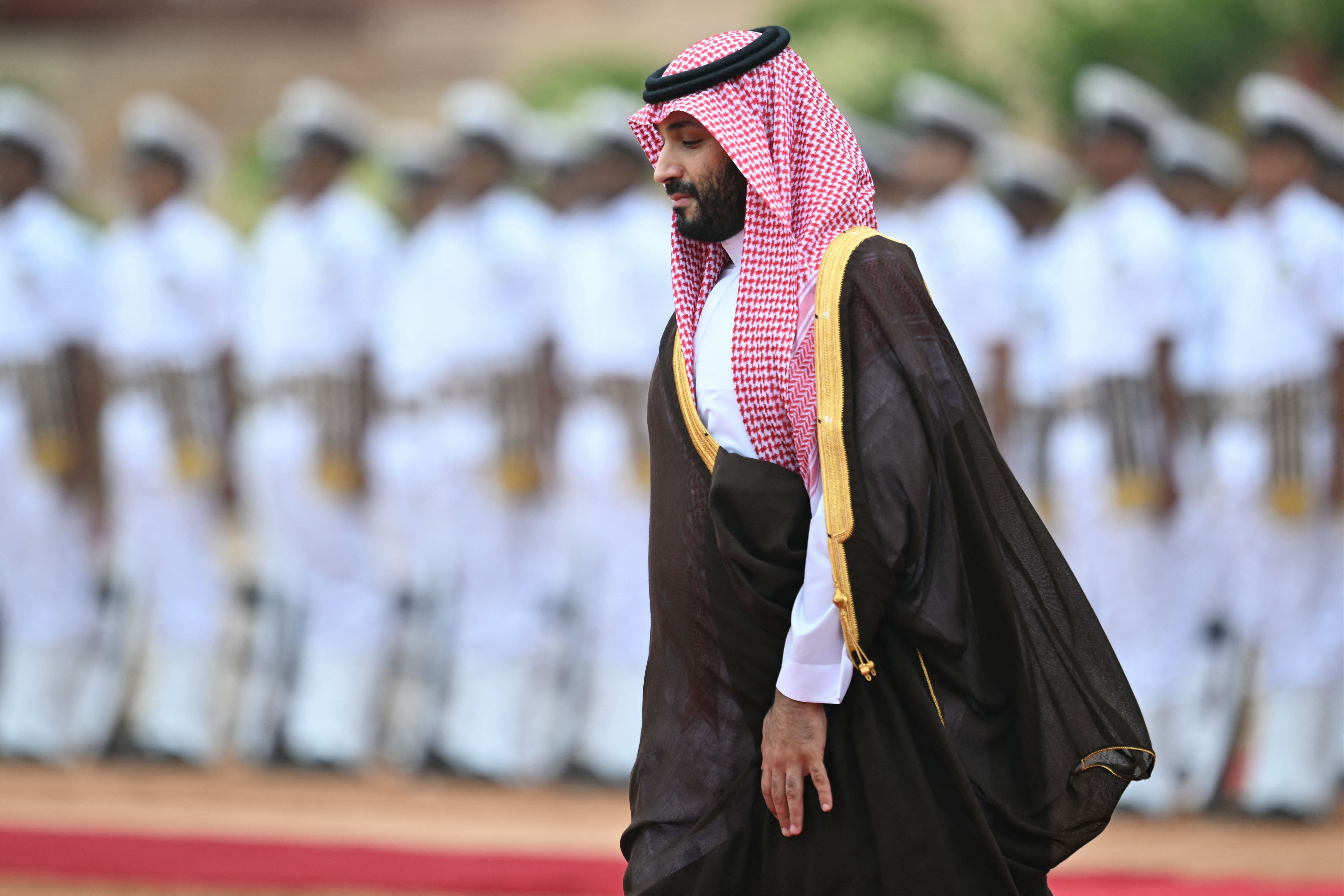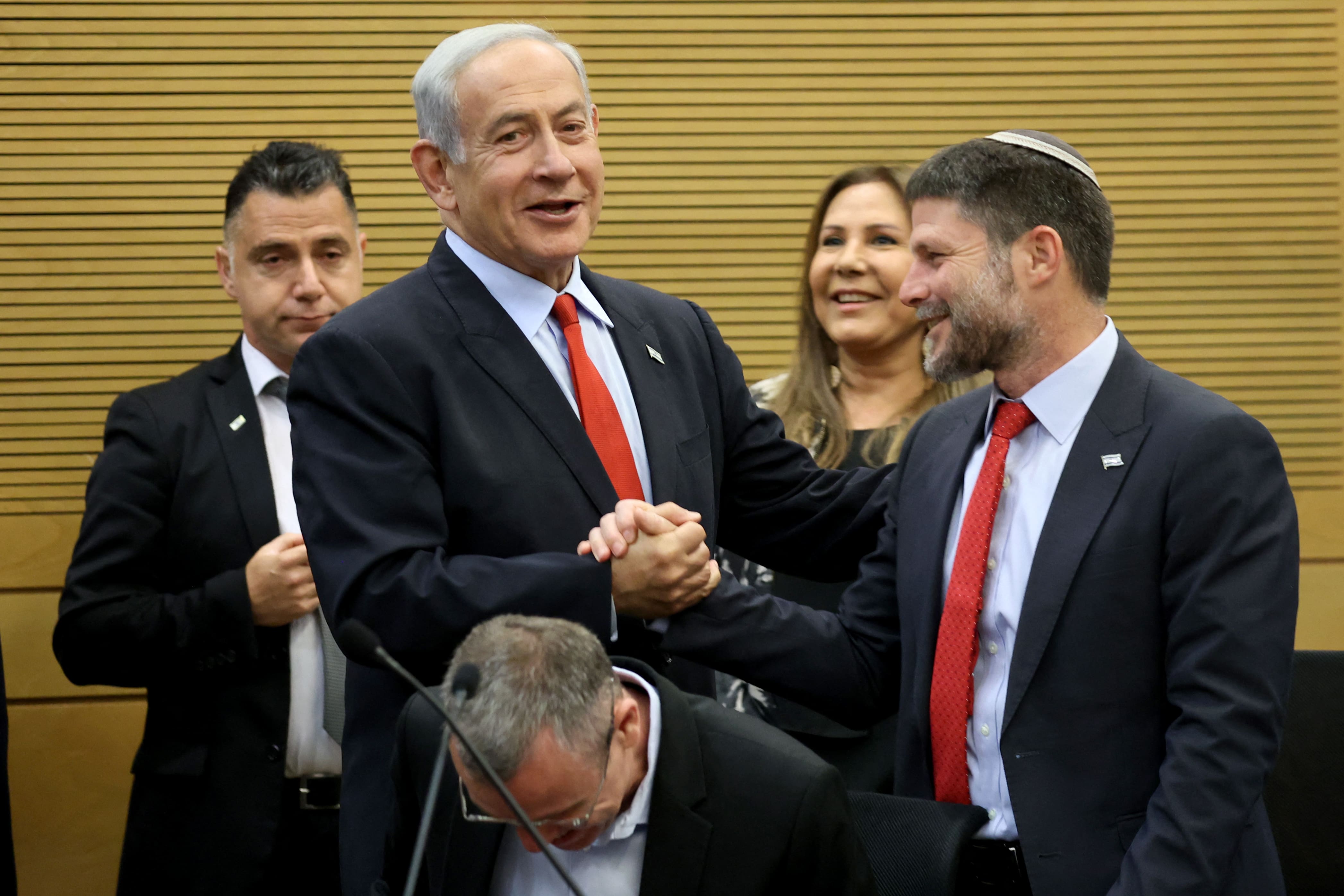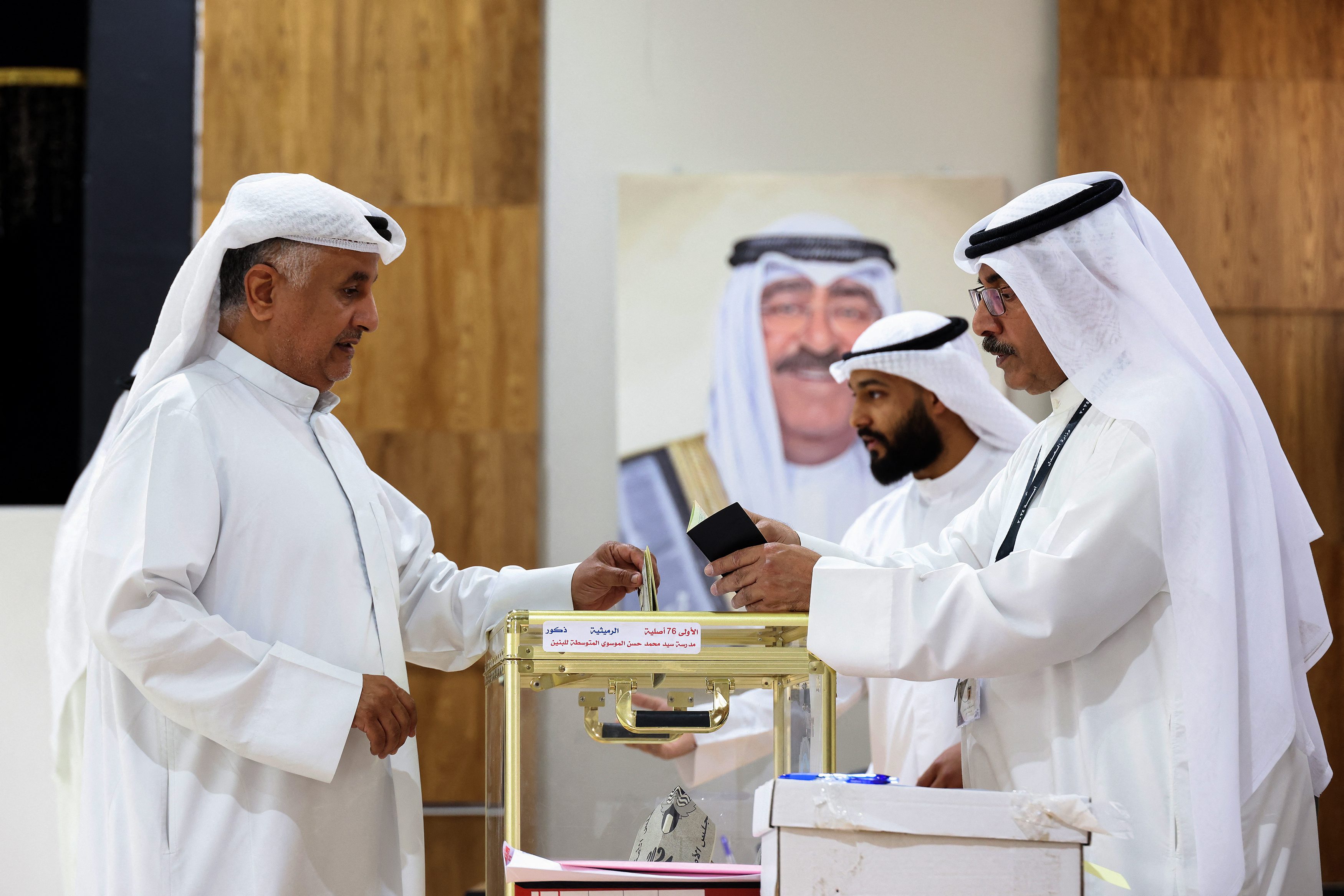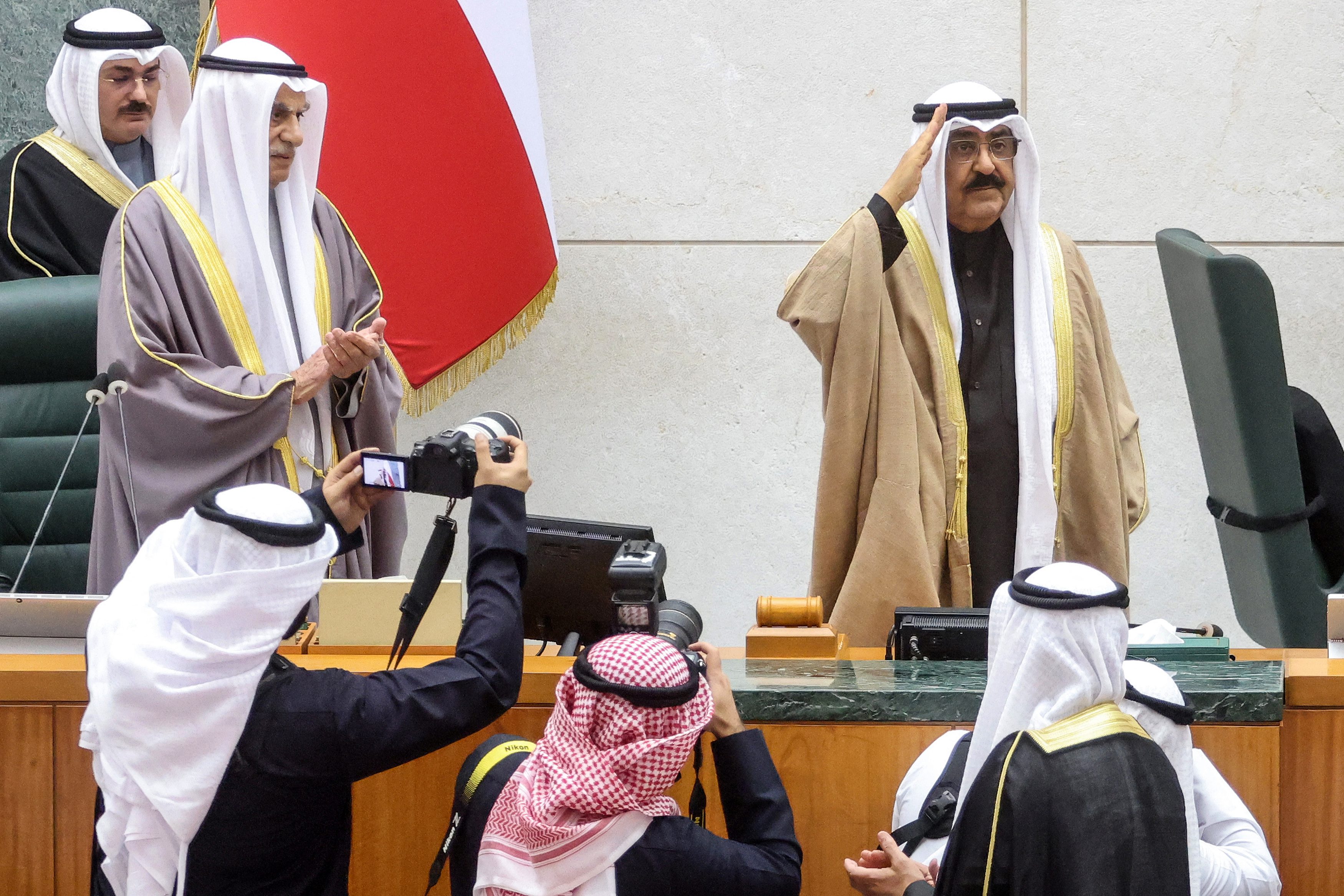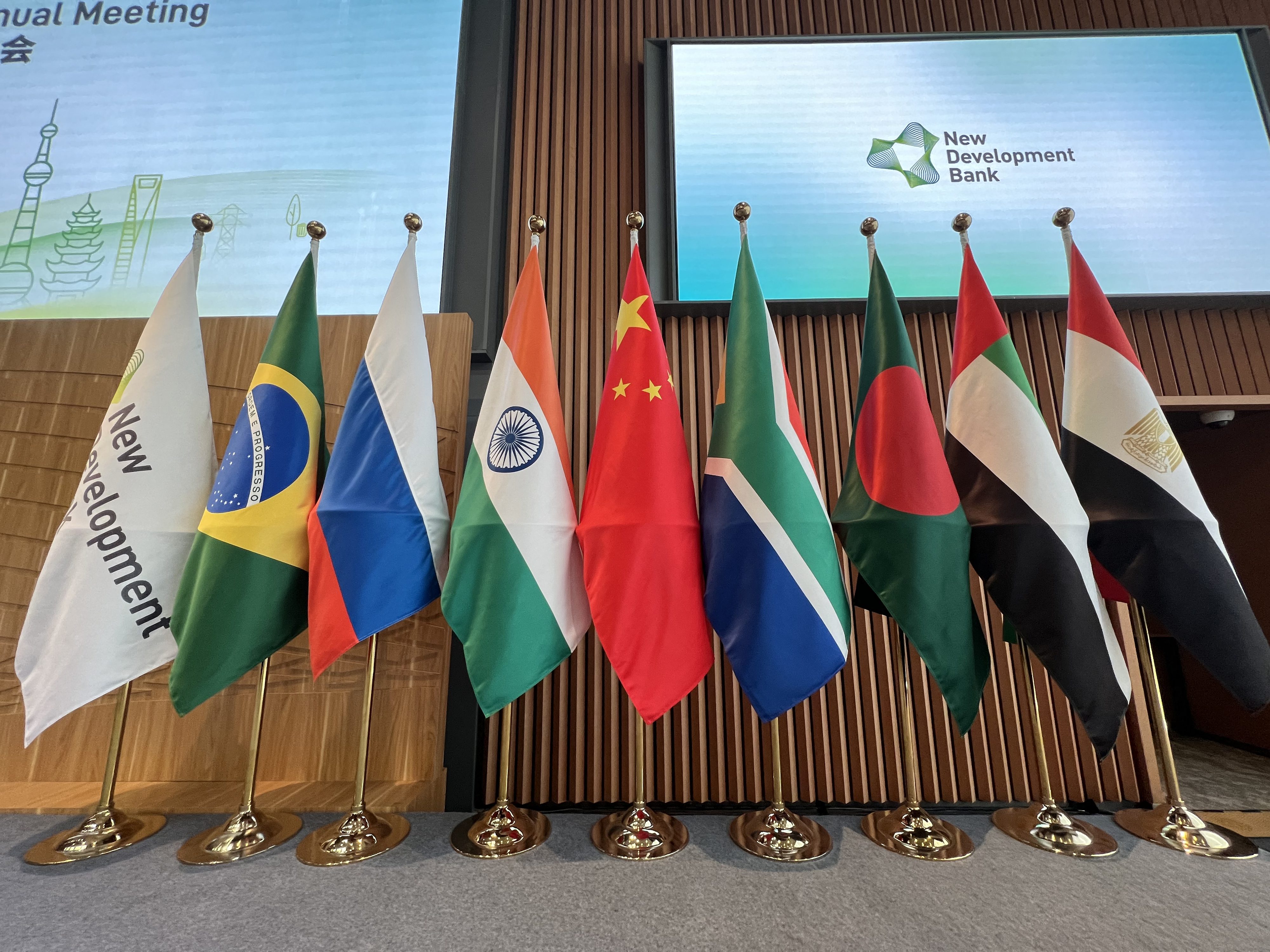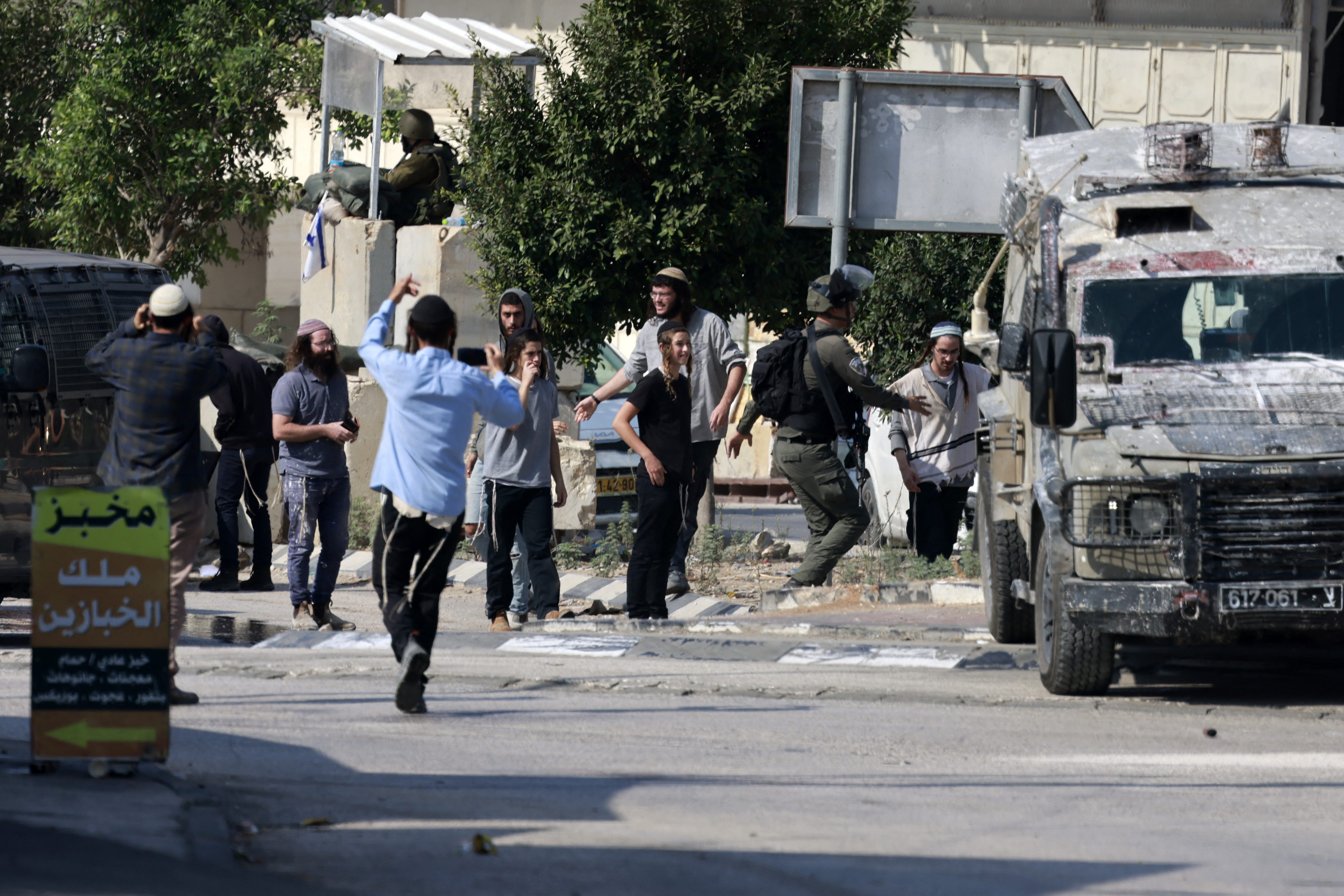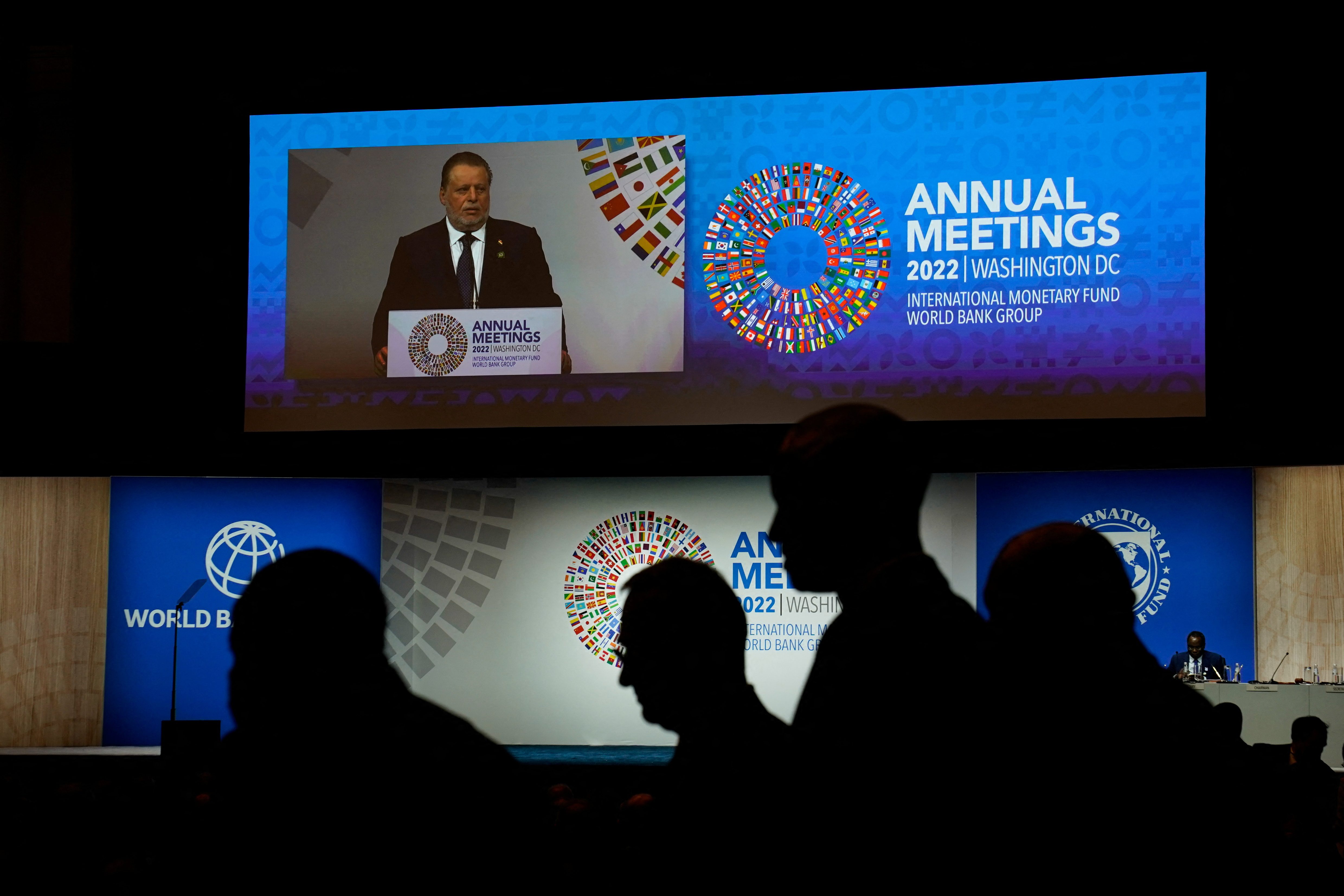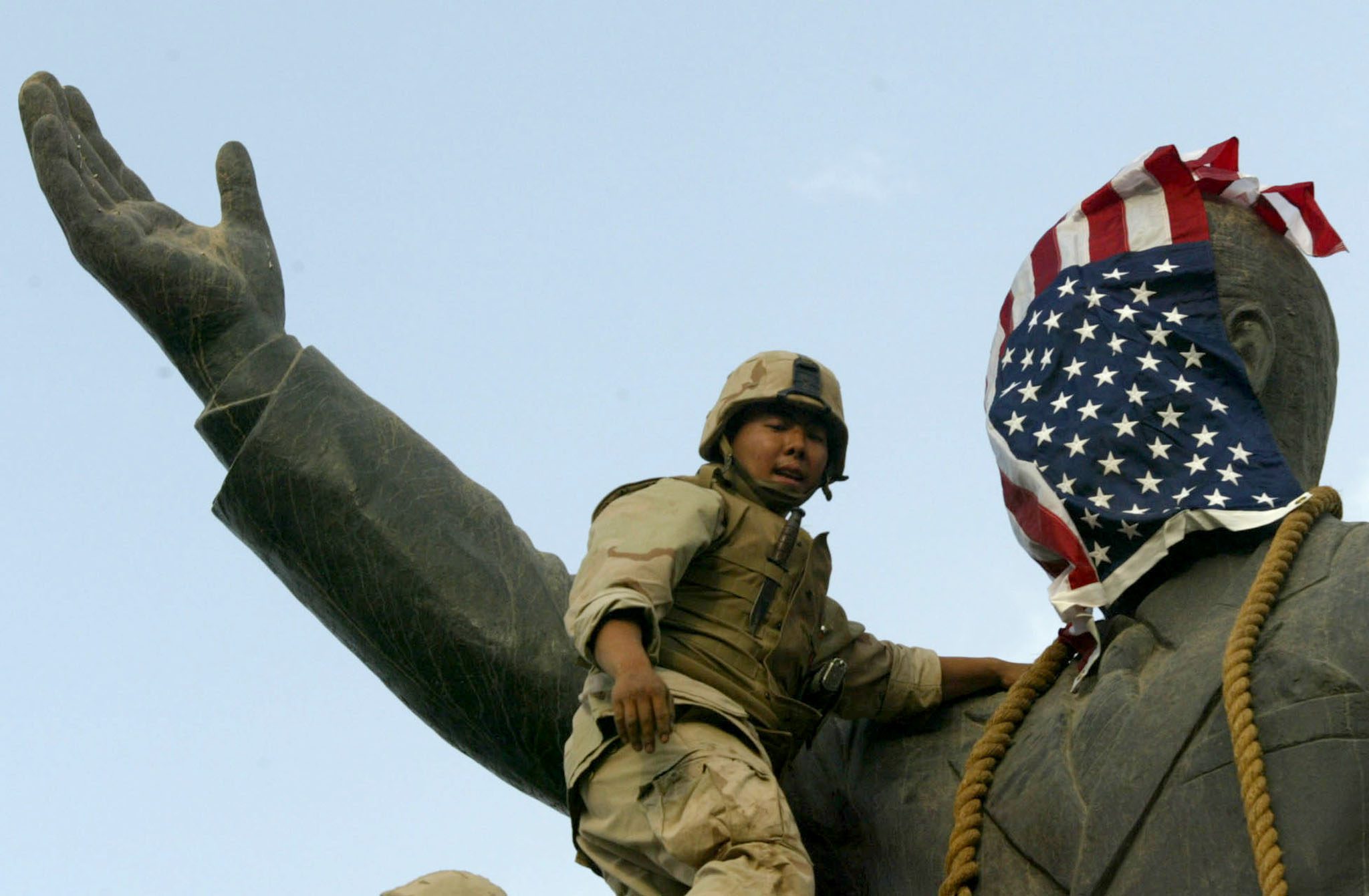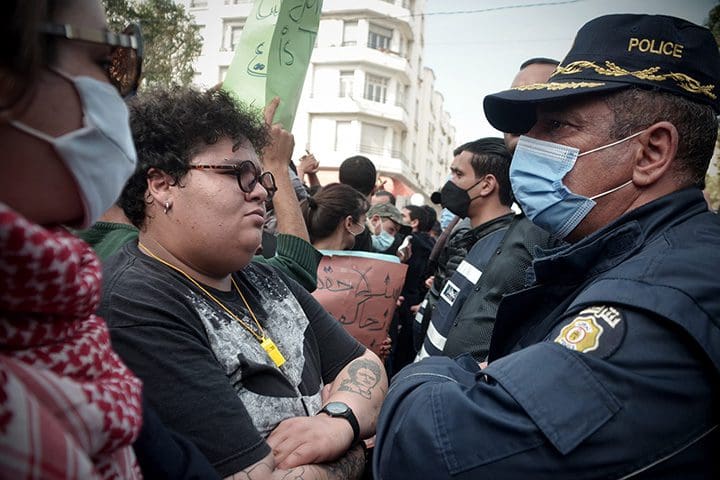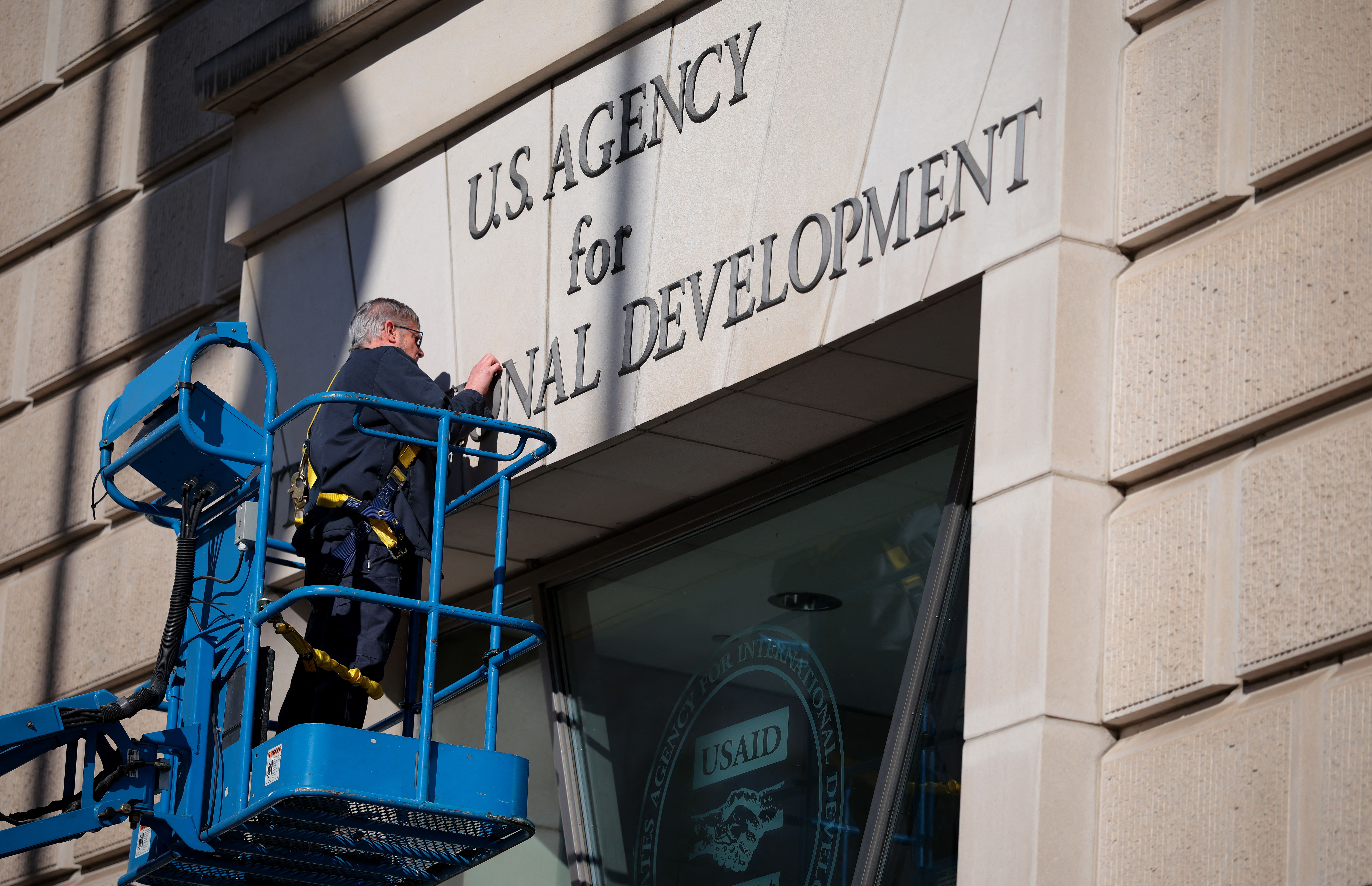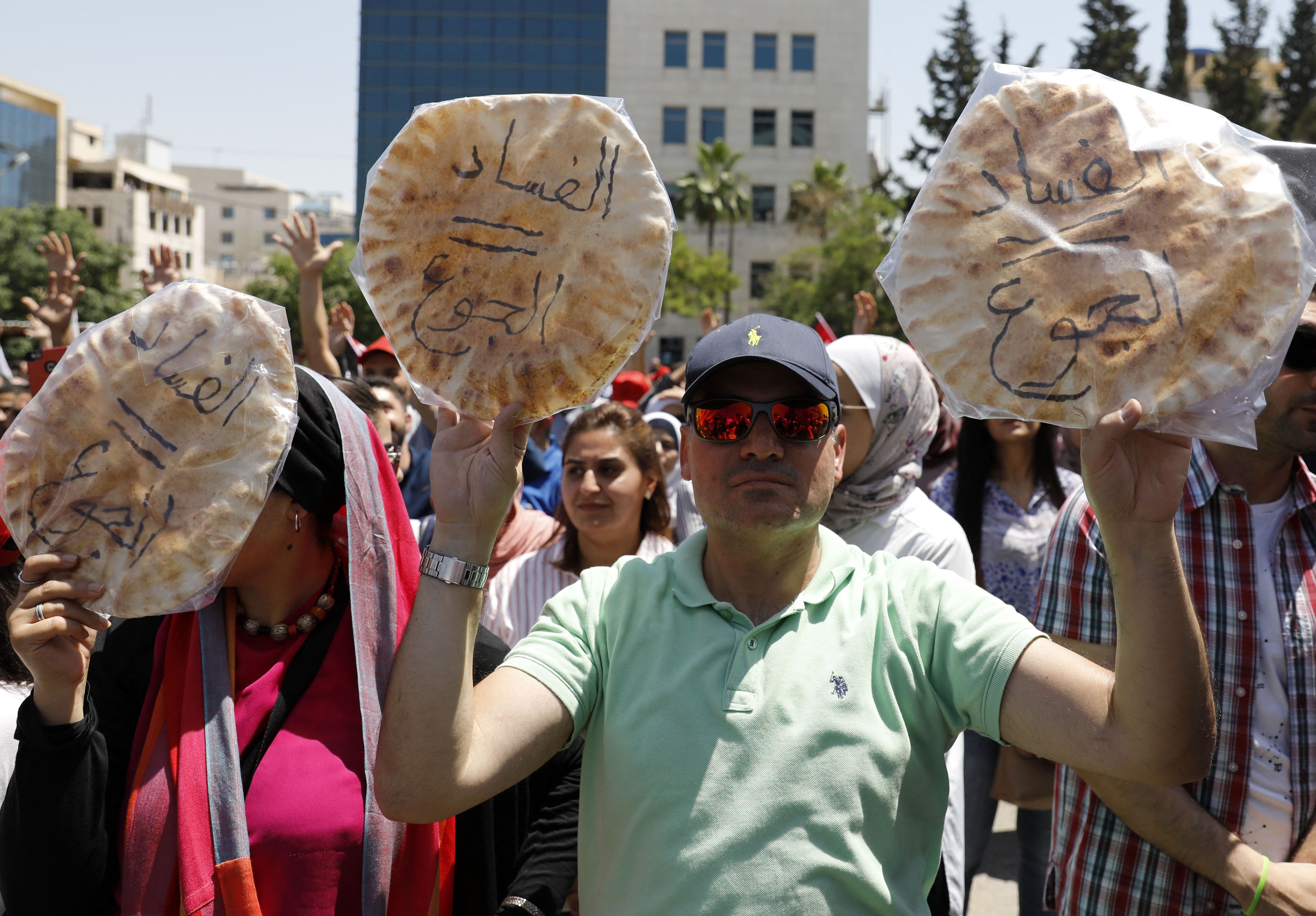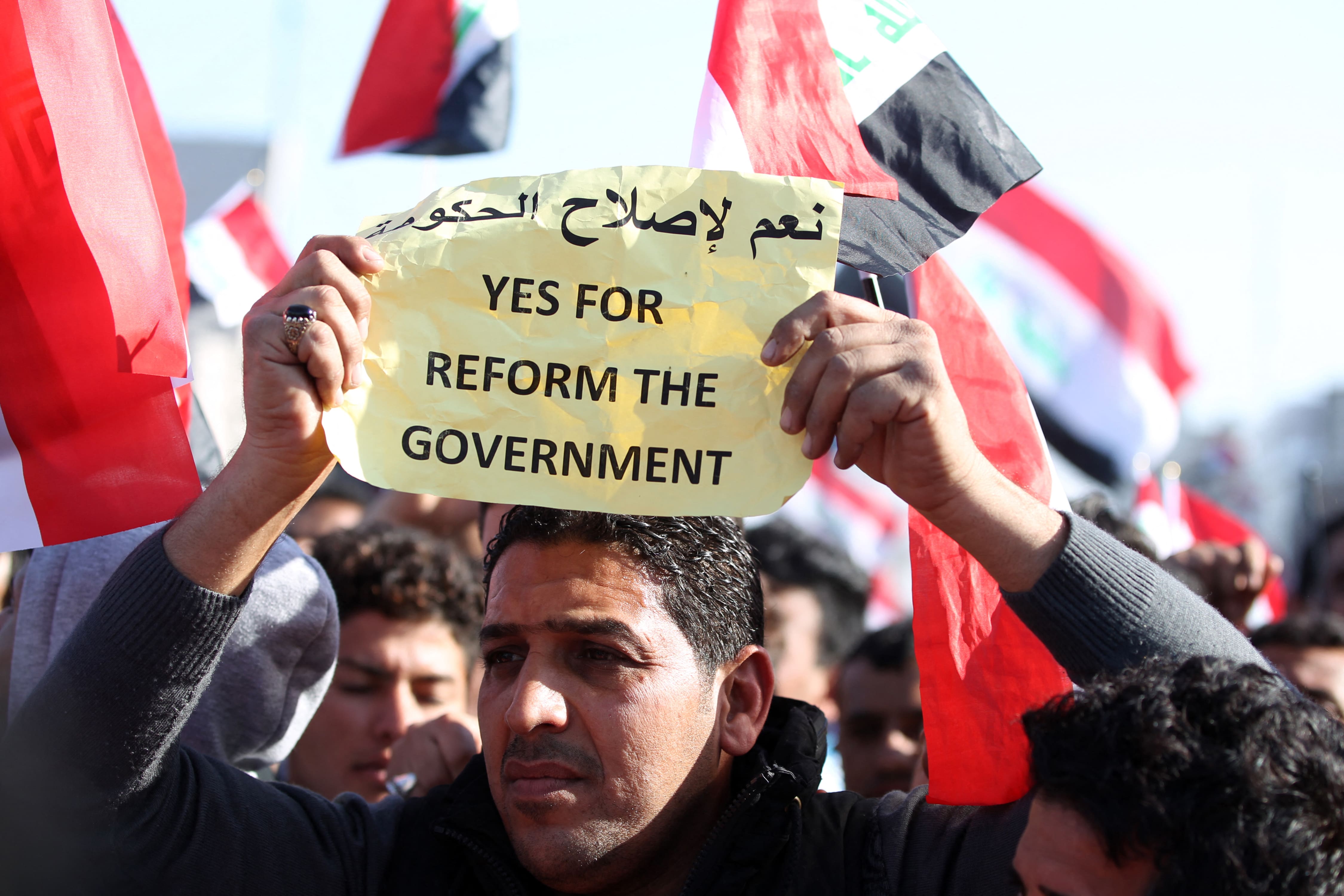
Robert P. Beschel Jr.
Nonresident Senior Fellow
Bio
Robert P. Beschel Jr. is a senior nonresident fellow at the Middle East Council on Global Affairs (ME Council). He consults as senior advisor on governance and public sector management for the World Bank, the Asian Infrastructure Investment Bank and several leading management consulting firms. Beschel’s areas of research include governance and public sector management, economic development, fiscal policy, and anticorruption, among others.
Previously, Beschel oversaw the World Bank’s work on Governance and Public Sector Management in MENA. He also served as the global lead for the Center of Government practice within the World Bank; headed the Bank’s Governance and Anticorruption Secretariat; oversaw its public sector anchor unit; and helped to lead the Bank’s work on governance in South Asia.
Beyond the World Bank, Beschel has worked as Director for Policy in the Prime Minister’s Technical and Advisory Office in Kuwait and for the Asian Development Bank, where he was the principal author of their anticorruption strategy.
Beschel has authored and edited multiple books, articles, and publications on public sector reform. His books include Public Sector Reform in the Middle East and North Africa: Lessons of Experience for a Region in Transition (Brookings, 2020); Bringing Government into the 21st Century: The Korean Digital Governance Experience (World Bank, 2016); and Public Financial Management Reform in the Middle East and North Africa: An Overview of Regional Experience (World Bank, 2012).
Other publications include “Beyond the Tax Pledge” (National Affairs, 2022) and “The Middle East and North Africa and COVID-19: Gearing up for the long haul” (Brookings, 2020); and “Policy and Inter-Agency Coordination,” in Improving Public Sector Performance: Crossing the River with Innovation and Coordination (World Bank, 2018).
Research Areas
- Governance and public sector management
- Economic development
- Fiscal policy
- American foreign policy
Countries of Focus
- Gulf (GCC)
- Mashreq
- United States
Other Areas of Interest
- Policy and institutional responses to COVID-19
- Center of government reforms
Education
- Ph.D., Political Science, Harvard University, 1991
- M.A., Political Science, Harvard University, 1991
- M.A., Public Administration, Kennedy School of Government, Harvard, 1983
- B.A., Economics and English, University of Washington, 1979

